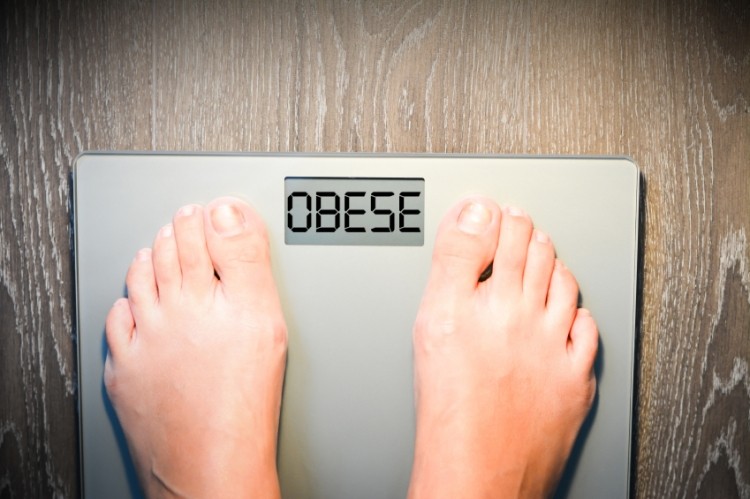Australia, NZ most obese OECD countries in APAC

At the top of the list is the United States, with 38.2% of its adult population (aged 15 and above) obese, followed by Mexico (32.4%), New Zealand (30.7%), Hungary (30%) and Australia (27.9%). In contrast, South Korea has a 5.3% obesity level, while Japan is the OECD’s least obese nation at 3.7%.
The last five years have seen the obesity epidemic become even more widespread, albeit at a slower rate than in previous years. Still, obesity levels are continuing to rise in all OECD countries. At present, 19.5% of adults in OECD countries are obese, and approximately 17% of children are overweight or obese.
Furthermore, obesity rates are projected to increase steadily, at least until 2030. South Korea is expected to see a significant rise in this regard, jumping from its current 5.3% obesity rate to 9%.
Expanding inequality
The Obesity Update also noted that in terms of adult obesity, women tend to be worse off than men, but male obesity has been increasing more rapidly.
One of the factors linked to obesity in the OECD countries for which relevant data is available is social inequality, chiefly among women. In at least half those countries, lowly educated women are two to three times more likely to be overweight than more highly educated women.
This is particularly prevalent in South Korea, where inequality between 2010 and 2014 grew significantly, especially among the female population.
Fighting the fat
OECD countries have witnessed a growing number of policies designed to tackle the problem of obesity, many of which focus on communication.
Mass media campaigns to increase public awareness of healthy eating have been launched in OECD countries. Following the 2+5 A Day campaign in Western Australia, daily fruit and vegetable consumption in the country rose. The country’s LiveLighter campaign also managed to raise population-level awareness, more so than other anti-obesity campaigns.
The use of social media has also been instrumental in initiating health promotion campaigns, be it via Twitter, Facebook, or dedicated mobile apps. According to a comprehensive review of available studies, the use of the latter can lead to a decrease in body weight as well as BMI.
The OECD (Organisation for Economic Co-operation and Development) is an intergovernmental economic organisation with 35 member countries, most of which are classified as developed countries with high-income economies.
Read the full Obesity Update 2017.















